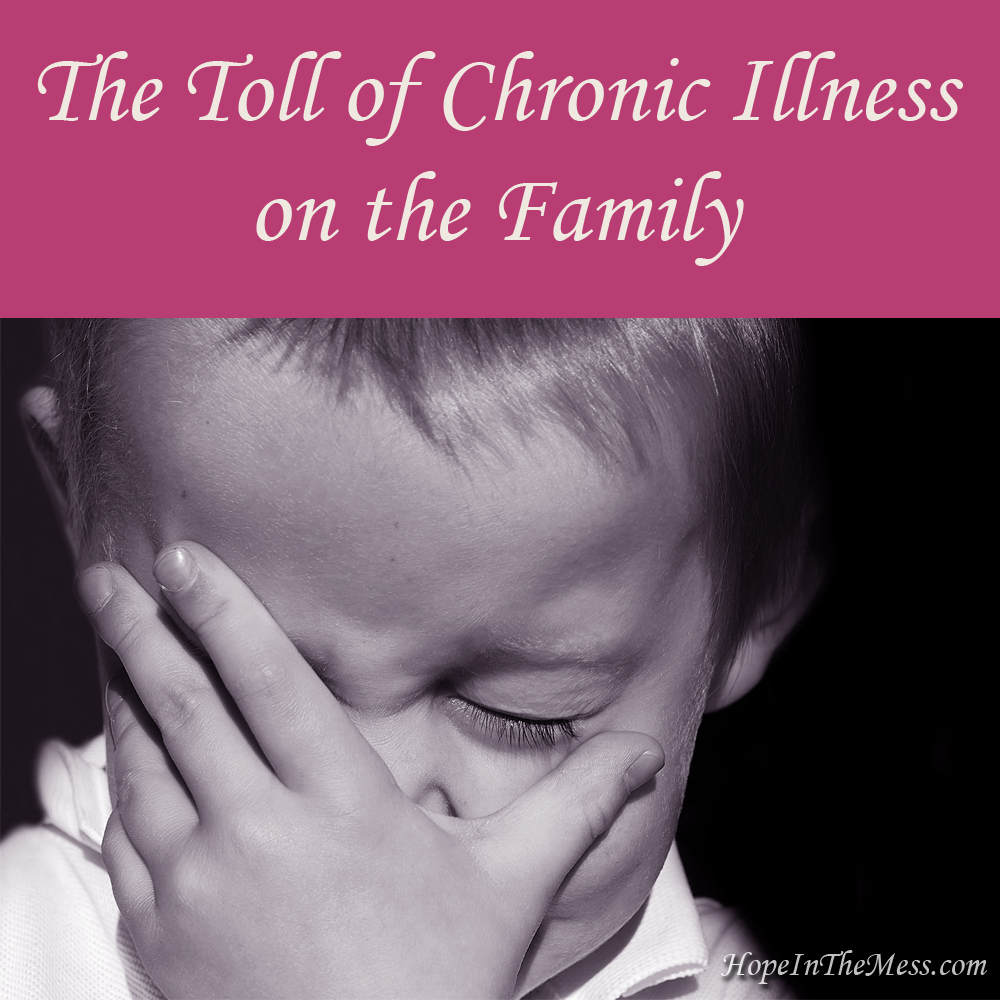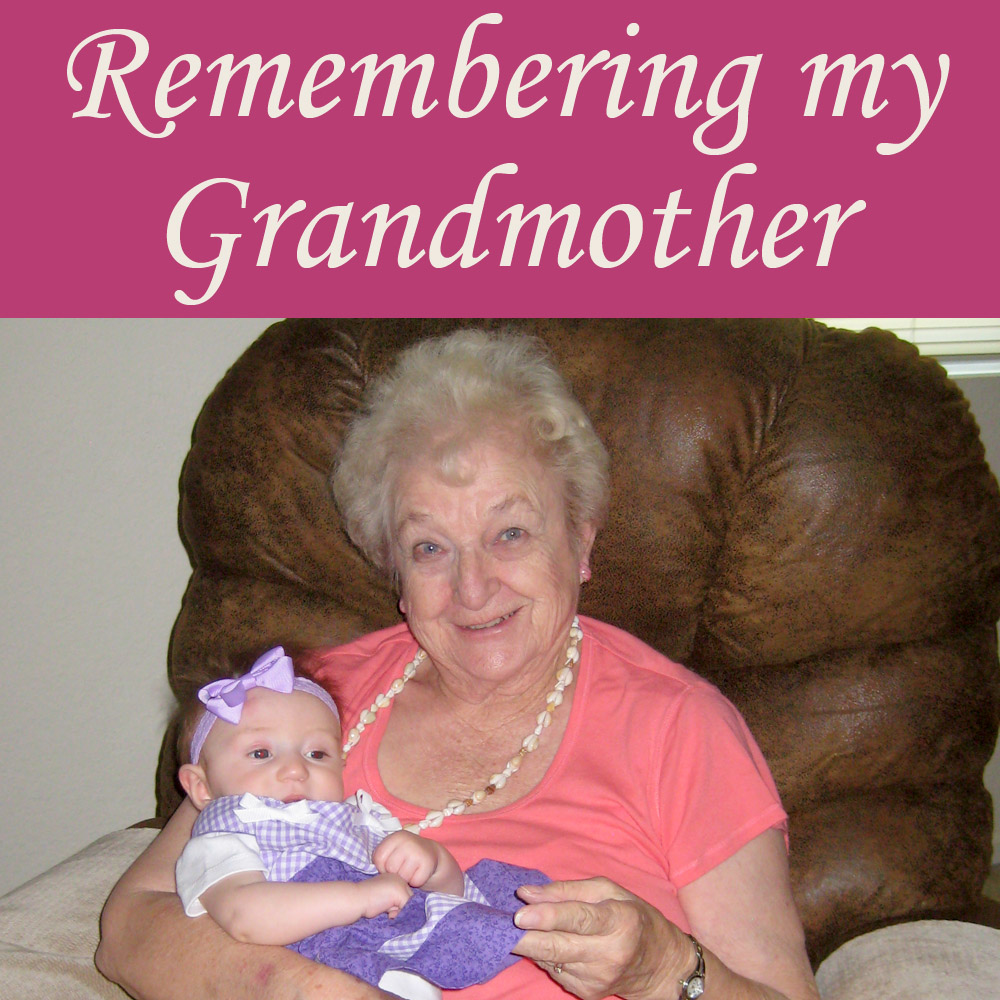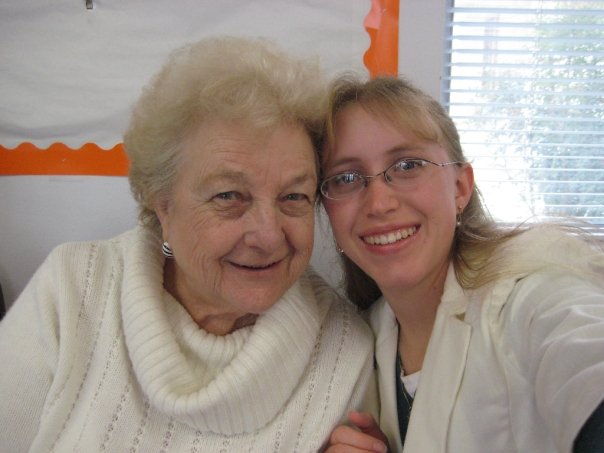Chronic illness does not just affect the person with the diagnosis. It also pulsates throughout their entire immediate family. It’s always present, always crushing you. The spouse of the affected person must not only take on the responsibility of primary care giver to the sick person, but if there are children, then they must also take on some, if not most of their spouse’s role of parenting. As the illness progresses and chips away ever increasingly, outside work becomes more difficult for the sick person. If it is a single income family, and the one with the chronic illness was the main breadwinner, then difficult decisions must be made. However, if taking on the responsibility of primary care giver to the young children is also not possible, then spouse has to figure out if they can take on being the breadwinner of the family, while still being able to take on the maintenance of the house, child care, and continue primary care of the sick person.

The children also suffer. Dad is the affected person in our family. Long ago he gave up on rough housing with our daughters. It had previously been a favorite activity when they were preschoolers. And now we have a son who will never get to experience that with Dad. Plans are routinely cancelled, or at least changed so that Dad stays home while everyone else goes out to have fun. Even snuggle time is cut short, or can’t happen at all because sitting on Dad’s lap or even leaning on him hurts too much. Because a common side effect of chronic illness is also depression, there are other times when Dad must be left alone at all cost, or even just be given more grace than children are able to understand how to give.
As the care giving spouse, my responsibilities include: emotional pillar for my sick husband, and each of our four children, being the spiritual leader of the family, homeschooling the older two, making sure the third youngest is keeping up with her physical therapy home care, all meal preparation (which must be from scratch due to dietary restrictions of our oldest, plus pre-packaged food makes the illness worse), teaching the children to follow through with their own chores, laundry, cleaning, yard work, shopping and whatever else there is. I could send the older two back to public school and get a job, but as my husband can’t care for the preschooler or baby, I can’t leave them with him full time, so I might as well continue where I feel called to be.
Unfortunately, to truly understand the situation, you have to live with it. Because of that, friends and family, while trying to be supportive, rarely understand how hard things really are. Therefore, advice and even sympathy can often come across the wrong way.
How do you ask for help in a situation like this? There are simply too many needs. And those needs never stop. There’s too much going on inside this distracted mother’s brain to even think coherently most of the time. We are beyond grateful when people do offer their help, whether it’s food or gifts or even yard work, but it’s hard when we have nothing to give in return. My husband is constantly worried that our requests for help will eventually drive people away because they’re tired of hearing of things not ever getting better.
How about you? Do you or anyone you know have a chronic illness? What is family life like?

 I remember Grandma saying many times how when her boys were young, she couldn’t even buy herself a pair of pantie hose because she had to make sure the boys always had enough to wear. Somehow she always managed to prepare enough food for everyone to eat, and made that food delicious. With 3 of her 4 sons being teenagers at once, that was no small feat!
I remember Grandma saying many times how when her boys were young, she couldn’t even buy herself a pair of pantie hose because she had to make sure the boys always had enough to wear. Somehow she always managed to prepare enough food for everyone to eat, and made that food delicious. With 3 of her 4 sons being teenagers at once, that was no small feat!